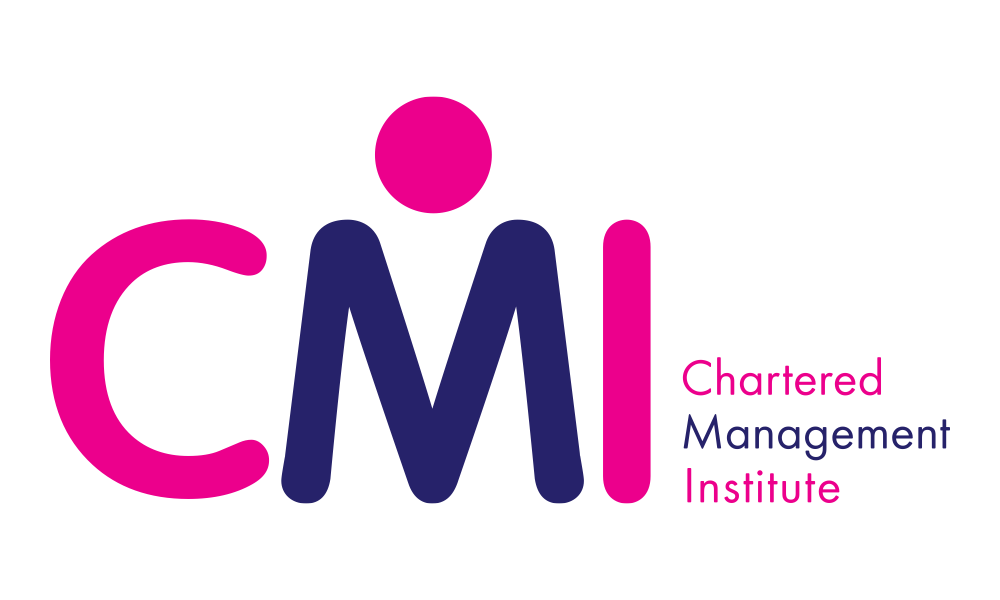On this programme you’ll learn from our team of experts in healthcare, business and sector specialists. But crucially, you’ll also learn from each other's experience - engaging in class debates and developing your professional network.
for graduate prospects in health studies
for student satisfaction in health studies
This is a dual accredited course, meaning with no additional assessments you’ll graduate with a MSc and a CMI qualification – the level 7 Diploma in Strategic Management and Leadership Practice. You'll also have access to CMI webinars, professional networks and their online resource portal.
Overview
Designed specifically for existing and aspiring managers and leaders, our Healthcare Management and Leadership MSc supports students in developing the skills necessary to critically debate the challenges facing healthcare leaders, and the roles that clinicians, managers, and the wider healthcare economy can play in reshaping healthcare services.
The programme offers learning opportunities delivered by experts from the Schools of Allied Health and Community, Worcester Business School and visiting guest speakers, bringing together key theories of leadership and management with specific relevance to health systems and social and community care provision.
By providing a flexible, multidisciplinary approach within a supportive environment, our MSc enables professionals across the sector to learn with and from each other, develop professional networks, and advance their own practice in relation to effectively managing and leading people, processes, and practices within healthcare settings.
There are full-time and part-time routes available to allow for study alongside work, with teaching hours generally concentrated into two-day blocks.
When you graduate from this dual accredited course, you’ll have a MSc qualification from the University of Worcester plus a Diploma in Strategic Management and Leadership Practice from the Chartered Management Institute (CMI)
Healthcare Management and Leadership MSc
Course content
We regularly review our courses to reflect the latest research and developments in the subject area, as well as feedback from students, employers and the wider sector. As a result, modules may change to ensure the course remains current and relevant.
Career development
This internationally recognised, dual accredited, course is a great way to continue your professional development and progress your career in the health, social or community care sector. Roles that benefit include:
- NHS management roles
- Private healthcare management
- NGO project leads
- Public Health manager
- Adult Social Care leader
Healthcare organisations around the world are actively seeking progressive, knowledgeable and highly skilled leaders and managers - with this Masters degree you can demonstrate you’re the right candidate for the job.
Course highlights
Teaching and assessment
Students are taught through a combination of interactive workshops, lectures, practical activities, seminars, online activities, enquiry-based learning, self-directed and independent learning.
Teaching and assessment contents
You are taught through a combination of interactive workshops, lectures, practical activities, seminars, blended learning, online activities, enquiry-based learning, self- directed and independent learning.
Interactive workshops take a variety of formats and are intended to enable the application of learning through discussion and small group activities. Seminars enable the discussion and development of understanding of topics covered in lectures and are focused on developing subject specific skills and applied individual and group project work. Tutorials are a key aspect of the learning strategy with student being encouraged to share their assessment plans with tutors and peers, allowing structured questions and feedback. Tutorials can be face-to-face or utilise digital technologies.
In addition, post graduate students will have a minimum of two meetings with their Personal Academic Tutor times to coincide with key points such as induction or assessment. When undertaking the dissertation module, a supervisor will also be allocated for additional support.
The University places emphasis on enabling you to develop the independent learning capabilities that will equip them for lifelong learning and future employment, as well as academic achievement. A mixture of independent study, teaching and academic support from Student Services and Library Services, and also the Personal Academic Tutoring system enables you to reflect on progress and build up a profile of skills, achievements and experiences that will help them to flourish and be successful.
Entry requirements
An honours degree at 2:2 level or above in a health-related or business-related subject (if a business subject you'll need to be working in healthcare).
Or
Qualifications and experience considered by the Programme Leader and/or admissions tutor to be equivalent (all students applying via this route will be assessed and interviewed by the Programme Lead).
In addition, candidates are expected to demonstrate relevant experience of working within healthcare settings - the full spectrum of healthcare provision, including public, private, and charitable or third sector organisations are appropriate. Applications are invited from those with clinical, administrative or broader support role experience across the sector.
Any questions?
If you have any questions about entry requirements, please call our Admissions Office on 01905 855111 or email admissions@worc.ac.uk.
Fees
Fees contents
UK and EU Students
In 2026/27 standard fee for full-time home and EU students enrolling on MA/MSc/MBA and MRes degrees is £9,730 per year.
Tuition fees are reviewed annually and may increase each year for both new and continuing students.
For more details on course fees, please visit our course fees page.
International students
In 2026/27 standard fee for full-time international students enrolling on MA/MSc/MBA and MRes degrees is £18,400 per year.
Tuition fees are reviewed annually and may increase each year for both new and continuing students.
For more details on course fees, please visit our course fees page.
How to apply
How to apply contents
Apply to study
Please make your application via our online application forms.
If you have any questions, please contact the Admissions office on 01905 855111 or admissions@worc.ac.uk
Contact
If you have any questions, please get in touch. We're here to help you every step of the way.
Admissions Office
admissions@worc.ac.uk01905 855111More to explore
Open Days
Visiting us is the best way to get a feel for student life at the University of Worcester.

The City of Worcester
Worcester is a welcoming university city with great transport links and plenty of student parking.

Accommodation
Benefit from our accommodation guarantee. We have rooms on campus to suit every budget including en-suite options.










